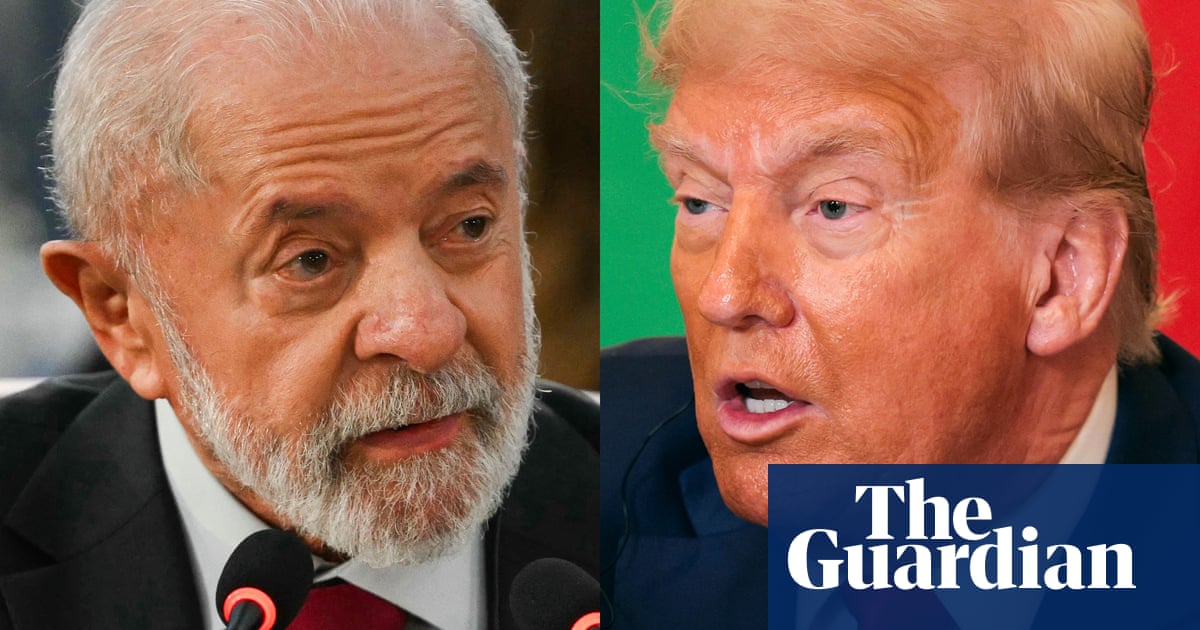Trump's Proposed 50% Tariff on Brazil Sparks Controversy and Reactions

In a significant and provocative move that has been interpreted by many, including Brazil’s own President Luiz Inácio Lula da Silva, as an outright assault on the nation's sovereignty, U.S. President Donald Trump declared on Wednesday his intention to impose a staggering 50% tariff on Brazil, the largest country in Latin America, effective from August 1. This decision comes as a shock given the longstanding trade relationship between the two nations, with the U.S. enjoying a trade surplus with Brazil for the past 17 years.
The announcement not only reveals the highest tariff rate proposed during this week’s discussions but also drew attention for its unusually harsh tone. The letter sent to President Lula diverged sharply from the diplomatic norms typically observed in correspondence with other nations. Observers noted that Trump's comments were particularly pointed, reflecting a broader trend of escalating tension between the U.S. and Brazil.
Trump positioned the new tariff as a form of retaliation, asserting that it was in direct response to the legal issues currently facing former President Jair Bolsonaro. Bolsonaro, who is on trial for allegedly attempting to orchestrate a coup to overturn his electoral loss to Lula in 2022, has consistently denied these accusations. Trump's remarks come on the heels of his strongest defense yet of Bolsonaro, whom he referred to as the “Trump of the Tropics,” claiming that the former president is enduring a politically motivated “witch-hunt” designed to exclude him from the upcoming elections.
The U.S. president’s comments prompted Brazil to summon its ambassador to the United States, indicating a strong diplomatic response to what they perceive as unwarranted interference. In his announcement of the tariff, Trump reiterated claims that Brazil’s supreme court had imposed “censorship orders” against American tech companies, accusing Brazil of continuing to undermine the business operations of U.S. firms.
Back in Brazil, the reaction has been mixed. Considering the U.S.'s historical trade surplus with Brazil, many were taken aback by the sudden and steep tariff increase. Notably, Eduardo Bolsonaro, one of Jair Bolsonaro’s sons, quickly took to social media to frame the tariff hike as a “success,” attributing it to the “intense dialogue” he claims to have sustained with Trump’s administration since moving to the U.S. in March. However, many business leaders, including those in the coffee, meat, textiles, plastics, and footwear sectors—key industries that would be adversely affected by the tariffs—voiced concerns over the potential economic ramifications. With tensions escalating, Bolsonaro’s inner circle is reportedly working diligently to ensure that any political and economic fallout remains contained and does not reflect poorly on the former president.

























